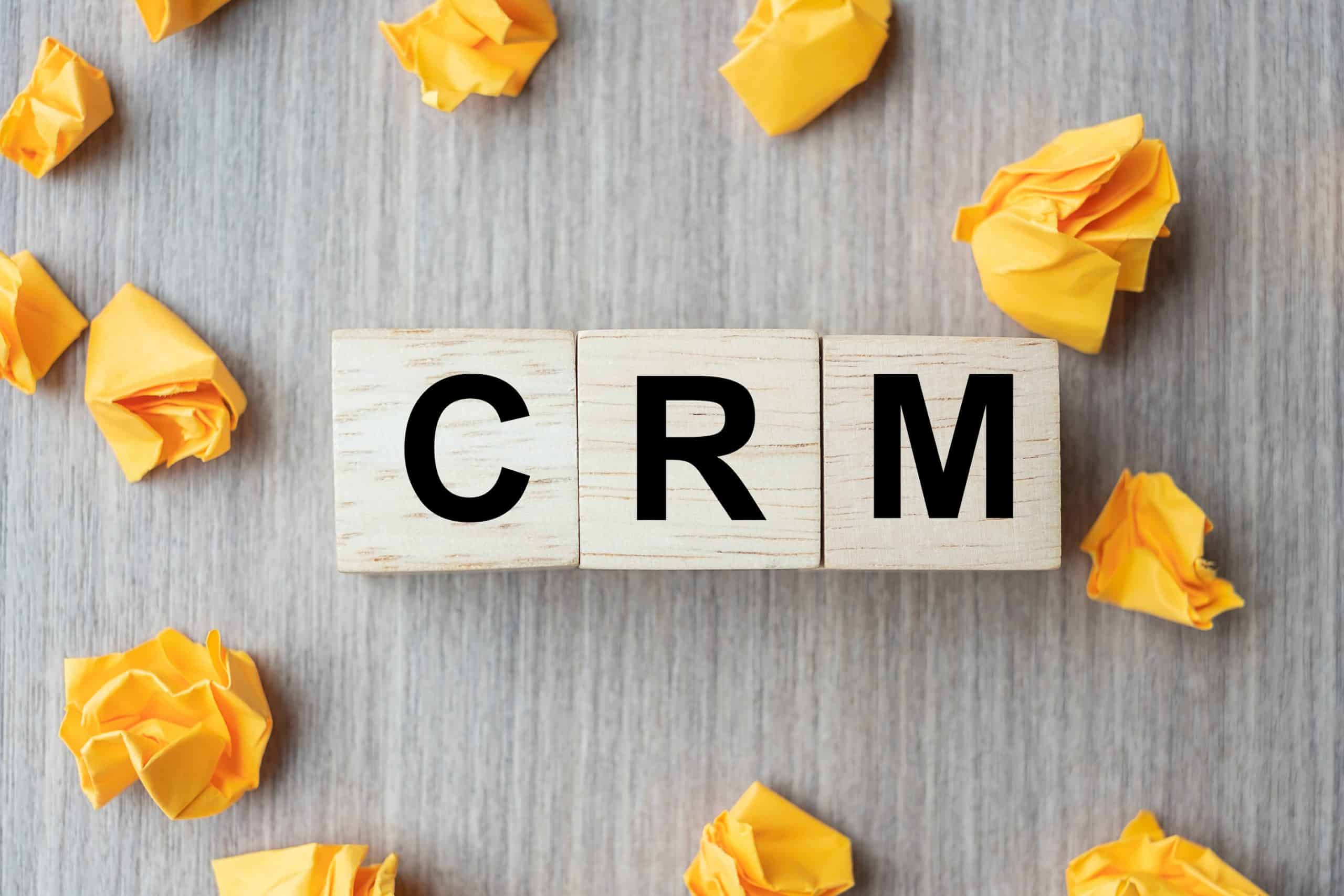If you’re at the helm of a small-to-medium enterprise (SME) in the UK, you may have heard the term ‘Customer Relationship Management’ (CRM) being bandied about. Perhaps you’ve even considered whether it’s time to implement such a solution within your business? You’re not alone. A growing number of UK SMEs are turning to CRM systems to better manage their customer data, streamline sales processes, and enhance their marketing efforts. However, with a plethora of CRM software offerings on the market, the decision can be overwhelming. In this article, we’ve broken down the key considerations that will help you navigate this crucial decision.
Understanding CRM Systems
Before we delve into the specific factors to keep in mind when choosing a CRM system, it is essential to understand what this software is and how it can benefit your business. A CRM system is a technology tool that helps businesses manage their interactions with current and potential customers. By collecting and analysing customer data, a CRM provides insights that can significantly improve sales, marketing, and service strategies.
A lire aussi : What Navigation Technologies Are Essential for UK Logistics Companies to Stay Efficient?
CRM systems offer a range of features, but the most effective ones will integrate seamlessly with your existing systems and processes. They should provide a user-friendly interface that your team can easily navigate, and should offer the scalability to grow with your business.
Assessing Your Business Needs
When considering a CRM system, the first step is to assess your business needs. Not all CRM systems are alike, and they often cater to different business sizes, industries, and operational requirements. A CRM system that works wonderfully for a large corporation might prove too complex for a small business.
A lire également : What Are the Best Environmentally Friendly Shipping Practices for UK Online Businesses?
Ask yourself what your business needs from a CRM system. Are you looking to streamline sales and marketing efforts, improve customer service, or gain a more in-depth understanding of your customers? The answers to these questions will help you identify the features most important to your business.
CRM Features and Capabilities
Once you’ve identified your business needs, you will need to explore the features and capabilities of different CRM systems. Some CRMs might focus more on sales force automation, while others might excel in marketing automation. Still, others might offer robust customer service features.
If your main goal is to streamline sales, look for CRMs with features like contact management, opportunity management, and sales forecasting. If marketing is your focus, you might want a CRM with marketing automation, campaign management, and email marketing features. For improving customer service, consider CRMs with ticketing systems, customer feedback, and support automation.
Budgeting for a CRM System
Budgeting is a significant factor for SMEs. Fortunately, CRM systems come at various price points, from free versions with basic features to premium versions offering more complex capabilities. You need to consider the return on investment – will the cost of the system be outweighed by the improvements in productivity, sales, and customer retention it could bring?
Remember, the price tag is not just about the software but also about implementation costs, training, and ongoing support. Some CRM providers offer comprehensive packages that include these services, while others may charge extra fees.
Vendor Reputation and Support
Finally, while features and budget are crucial considerations, don’t underestimate the value of good vendor reputation and customer support. Look for a CRM provider who has a track record of successfully servicing SMEs. Online reviews and testimonials can offer insights into other customers’ experiences with the vendor.
Also, consider the level of support you will receive during the CRM implementation and beyond. A vendor that offers robust, responsive customer service can make the difference between a smooth transition and a stressful experience. Remember, a CRM system is a long-term investment, and you want a partner that will be there to support you every step of the way.
In summary, deciding on a CRM system is not a one-size-fits-all proposition. By carefully assessing your business needs, exploring features and capabilities, setting a realistic budget, and considering vendor reputation and support, you can find the right CRM system that will help drive your business forward.
Selecting the Best CRM Software for Small Businesses
Now that we’ve discussed the considerations in choosing a CRM system, it’s time to look at some of the best CRM software options for small businesses. By keeping your business needs, budget, and the vendor’s reputation in mind, you can make an informed decision about which CRM system is the best fit for your business.
When selecting a CRM solution, consider how it fits into your current business processes. A good CRM system will be able to integrate with your existing business software, such as accounting or email marketing tools. This helps to ensure that your customer data is centralized and easily accessible, which can lead to more efficient and responsive customer service.
In addition, consider how user-friendly the CRM system is. Training your staff to use a new software can be time-consuming and costly, so it’s crucial that the system is intuitive and easy to navigate.
Some renowned CRM systems for small businesses include Zoho CRM, which offers a comprehensive range of features, including sales force automation, marketing automation, and customer engagement tools. Another option to look into could be a cloud-based CRM system which offers the flexibility of remote access and eliminates the need for expensive hardware.
Keep in mind, the best CRM for one business may not be the best for another. The perfect CRM software for your business will depend on your unique business needs, budget, and the level of customer support you require.
Conclusion: The Right CRM System Can Transform Your Business
In conclusion, a CRM system can be a game-changer for UK SMEs. By effectively managing customer data and streamlining sales, marketing, and customer service processes, CRM systems can significantly enhance your business’s performance.
However, choosing the right CRM system is not a decision to be taken lightly. It involves a thorough understanding of what CRM is, assessing your business’s specific needs, exploring various CRM features and capabilities, setting a realistic budget, and considering the vendor’s reputation and support.
Remember, the ultimate goal is to find a CRM system that fits seamlessly into your business operations, boosts your productivity, and enhances the customer experience. Whether you’re a small business just starting out or an established SME looking to streamline your processes, the right CRM system can help you build stronger relationships with your customers and drive your business growth.
The process may seem daunting, but by keeping these considerations in mind, you’re well on your way to picking the perfect CRM solution for your business. So, don’t rush the decision. Take the time to do your research, and you’ll reap the benefits in the long run. After all, the success of your business depends on the strength of your customer relationships.











